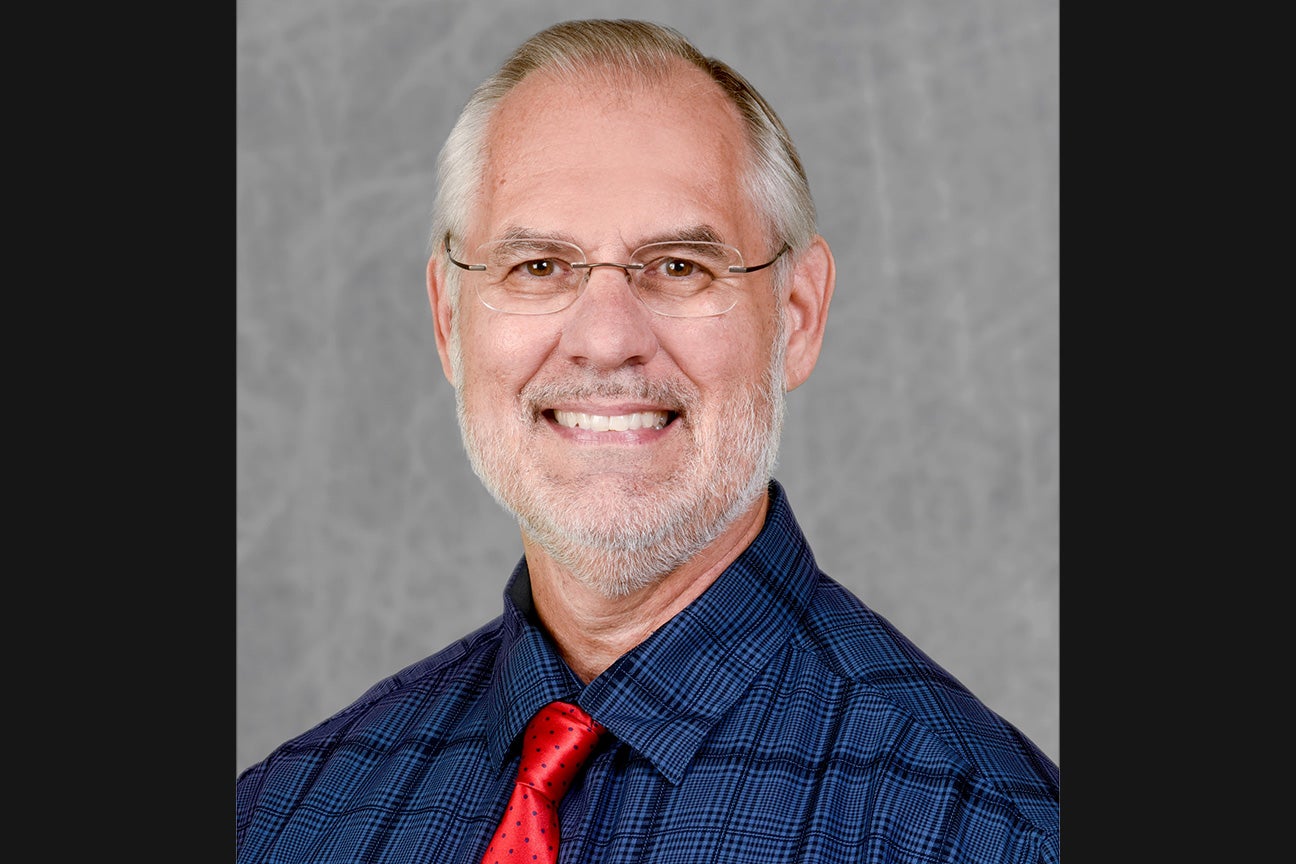Guest opinion: NCDHHS sees staff vacancy rates double since beginning of pandemic
Published 5:44 pm Saturday, October 15, 2022
|
Getting your Trinity Audio player ready...
|
By Colin Campbell
The N.C. Department of Health and Human Services has seen its staff vacancy rate doubled since the beginning of the COVID-19 pandemic.
DHHS Secretary Kody Kinsley presented the troubling figures on Tuesday to a legislative oversight committee. He said his agency will likely be asking the legislature for help when the long session begins in January.
Back in March 2020, 12.7% of positions in the agency were vacant; as of July, that number has jumped to 23.2%. Most of those positions aren’t office workers in the Raleigh headquarters – they’re frontline health care workers in state-run facilities. The numbers are worse for registered nurses and clinical social workers, with a 44% vacancy rate.
“Many hospitals and other health care providers have increased salary costs by 40%, and we’re struggling to keep pace in that environment,” Kinsley said, noting that it’s harder for state government jobs to quickly adjust salaries to market forces. Workers are jumping ship to non-state facilities that pay more.
That’s left DHHS to rely on contract workers to keep facilities running, costing a total of $65 million. That’s coming from lapsed salary dollars, but the contract workers are two to three times as expensive as in-house staff, Kinsley said.
The staffing challenge is particularly acute in state psychiatric hospitals, where staff shortages mean that 2,341 fewer people are being treated, a 28% decrease from a few years ago. Kinsley says that means that patients who should be in a state hospital receiving mental health care are instead in emergency rooms or jails.
Key lawmakers voiced a willingness to help during the long session. Rep. Donny Lambeth, R-Forsyth and a chairman of the House Health Committee, urged Kinsley to develop an “action plan” for the legislature to consider.
And Sen. Jim Perry, R-Lenoir and a chair of the Senate Health Care Committee, said he’s interested in temporary changes that would give DHHS more hiring flexibility.
“I don’t believe health care wages are going to go down in January of next year,” he said. “I do see that you would benefit from some temporary flexibility to move things around. … It is a daunting task that we face, and I don’t think there’s a silver bullet.”
Colin Campbell is editor of the North Carolina Tribune, a daily newsletter that covers the intersection of business and state politics.
READ ABOUT NEWS AND EVENTS HERE.
SUBSCRIBE TO THE COASTLAND TIMES TODAY!





